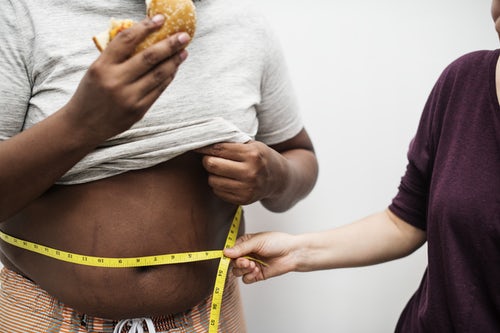I had an interesting email show up in my inbox a couple of weeks ago from the Greater Good Science Center. The subject line of how being alone can increase happiness snagged my attention. But there was a lot more information in the email that lead to additional cogitating.
In the article, which I clicked through to, Greater Good Magazine managing editor, Kira Newman, highlighted three main (revelations-to-her) takeaways from her recent excursion to Melbourne, where researchers from over 60 countries gathered for the International Positive Psychology Association’s 6th World Congress. She said that the findings the researchers shared “added depth and complexity to our understanding of major keys to a flourishing life.”
The second point Newman highlighted in her article is what I want to share with you today.
It centered on the positive emotion—or perception—of feeling active.
Benefits of positive emotions—
Researchers have discovered that people who experience more positive emotions benefit in numerous areas. They tend to enjoy—
- Stronger immune systems
- More frequent exercise engagement
- Lower risks of heart disease
- Longer lives
Researcher Sarah Pressman wanted to answer another question about feelings and emotions:
What role does “feeling active” play in our health and well-being?
Pressman and her colleagues found a sizable link between positive emotions and different health measures. As Newman notes in her post:
“For men, feeling active was the positive emotion that predicted how long they lived.”
That finding gives me a lot of insight as to why my formerly athletic husband consistently complains about “not getting enough exercise” and not feeling accomplished at work, even though he has—by all observations—accomplished much and has a very successful and distinguished career.
But there was another interesting finding in the research:
Feeling active didn’t necessarily correspond to how physically active people actually are.
Translation?
It doesn’t just matter how physically active you are but how active—energetic, vigorous, and vital—you feel. It’s all about your psychology state.
Most of the research in this area has been derived from workplace settings and what psychologists refer to as relational energy—how some people rev us up while others drain and exhaust us.
Personally, my feeling active quotient has been in the tank lately, and it’s negatively affecting every aspect of my life, from my family relationships to friendships and beyond. I don’t feel active. I feel like a slug. A broken-down, washed up and washed out slug. Most of the time, anyway. As my injuries improve, the pain subsides, and my energy level increases, I feel more active. But I know I’m more active than the average person, so my feeling active meter might look a lot different than someone else’s.
Future feeling active research—
What do researchers want to learn about this feeling active measurement and perception in the future? These might be some things they look at:
- What makes us feel active?
- How is that beneficial in other ways? (What other areas of life does this feeling affect?)
- Can we get happier just by “boosting the pep in our step”? In other words, I guess, can we fake it ‘til we make it?
Your turn—
If you’re up for it, get a journal and write down all of the activities, hobbies, interactions, etc. that make you feel active? As the old sixties’ saying goes: What turns you on?
Conversely, what turns you off? What drags you down emotionally, physically and spiritually? Since research is more and more proving the inter-relationship of these life components, it’s an important consideration.
NEXT WEEK we’ll look at how future hopes, dreams and planning increase your happiness.
Got any daydreams you’d like to turn into real happenings?
Until then, remember, the joy of the Lord is your strength. All of this other stuff we’re learning to help us enjoy life more is simply icing on the cake!
Blessings,
Andrea
Andrea Arthur Owan is an award-winning inspirational writer, fitness pro and chaplain. She writes and works to help people live their best lives—physically, emotionally, and spiritually.




